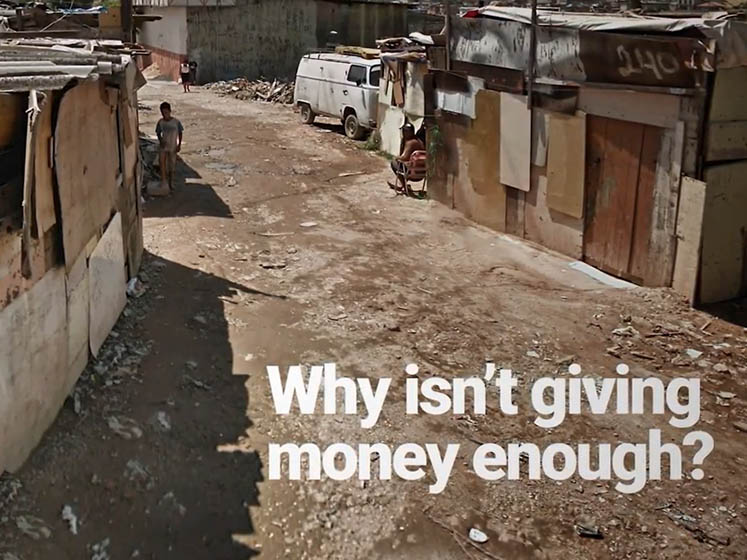Dates: 17 September 2018 - 16 September 2021
Funder: Economic and Social Research Council
Project description
Mental health is inextricably linked to both poverty and future life chances. Young people from economically deprived backgrounds face multiple forms of cumulative disadvantage, limiting their future life chances and placing them at greater risk of mental health problems. A vicious cycle occurs because individuals with mental illness may face disability, exclusion and high health care expenditure, which can precipitate or maintain poverty.
Cash transfers have become the most popular targeted antipoverty policy in low- and middle- income countries (LMICs). Evaluations of these antipoverty interventions have found promising effects on socioeconomic outcomes, but few have considered the impact on mental health. Bringing together previously disparate fields of research, this project seeks to understand the dynamics between poverty and mental health by examining the impact of antipoverty policies on mental health among young people in LMICs, as well as impact of mental health interventions on life chances and future risk of poverty.
Innovative analyses and stakeholder engagement, across different populations and contexts in six Latin American and African countries, will generate critical new knowledge to inform policy approaches that consider mental health when seeking to optimise investment and break this vicious cycle.
 CHANCES-6: Improving the life chances of young people living in poverty
Leading mental health and poverty researchers talk about CHANCES-6
CHANCES-6: Improving the life chances of young people living in poverty
Leading mental health and poverty researchers talk about CHANCES-6
Methods
The study team will conduct secondary analysis of quantitative data from studies of antipoverty interventions, namely cash transfers (sourced from seven different longitudinal cohorts or panel studies representing six different LMICs); and mental health interventions (sourced from two systematic reviews of randomised controlled trials carried out by co-investigators, which we will update and supplement).
They will develop a methodological framework based on quasi-experimental evaluation techniques and develop statistical models to explore: (1) the mental health impact of antipoverty policies; and (2) how mental health interventions influence the life chances and risk of poverty amongst young people. Building on this, they will use advanced statistical modelling techniques to simulate the costs and benefits of a combined antipoverty and mental health intervention on future life chances.
The study will include a qualitative component in parallel, with the study team undertaking semi-structured interviews and focus groups with young people from economically deprived circumstances in Brazil, Colombia and South Africa. They will ask about experiences and meaning of poverty and mental health in these diverse cultures, as well as their experiences of cash transfer programmes, and ideas about interventions. Findings will inform simulation modelling.
Further project information
Principal Investigator at LSE: Dr Sara Evans-Lacko
CPEC Research team: David McDaid
Collaborators: Ricardo Araya, Mauricio Avendano, Phlipp Hessel, Crick Lund, Alicia Matijasevic, Cristiane de Paula
Keywords: mental health, young people, poverty, life chances, LMIC, cash transfers
Contact
Sara Evans-Lacko
s.evans-lacko@lse.ac.uk